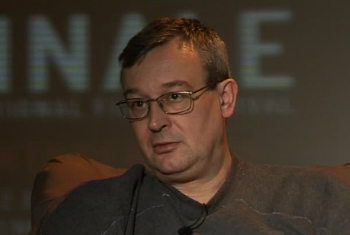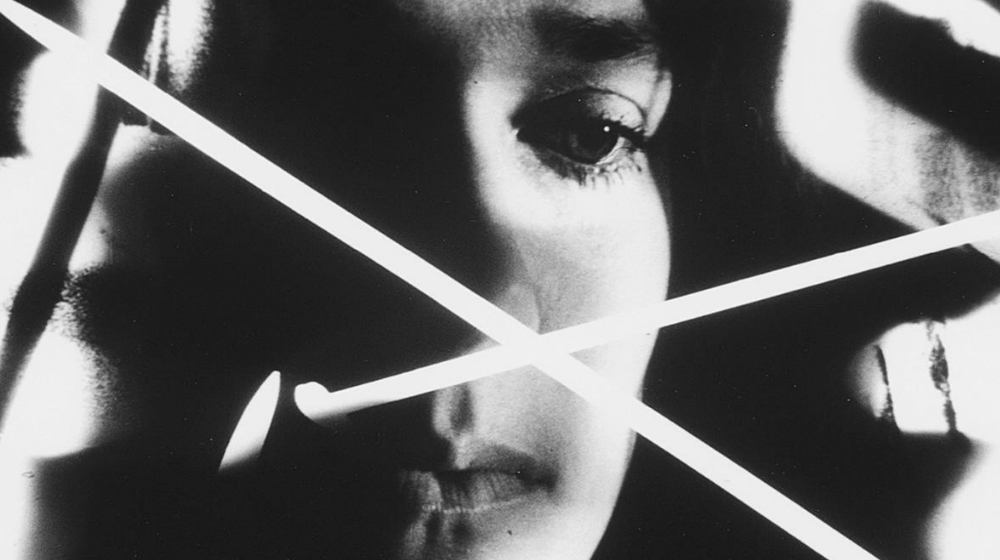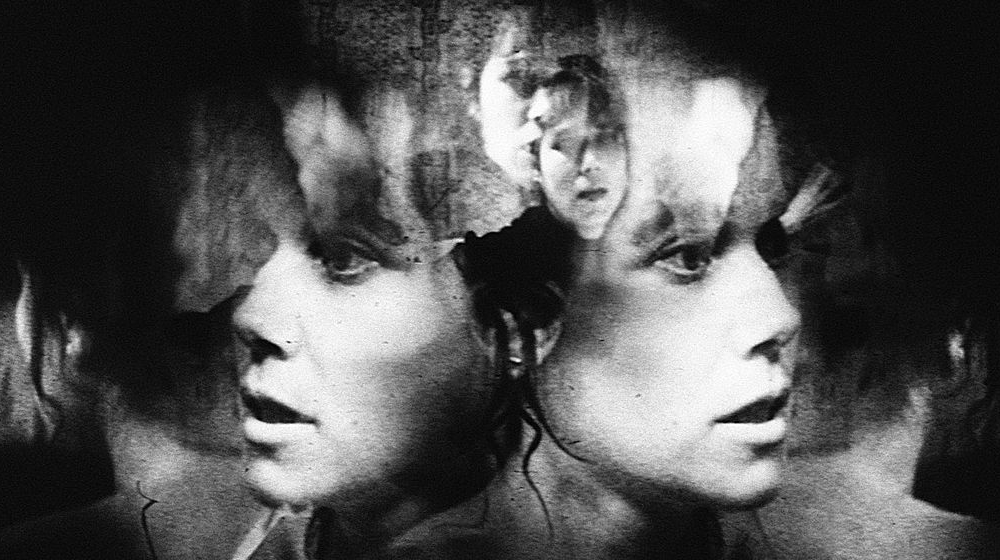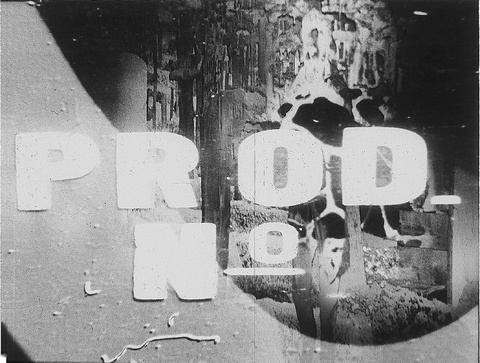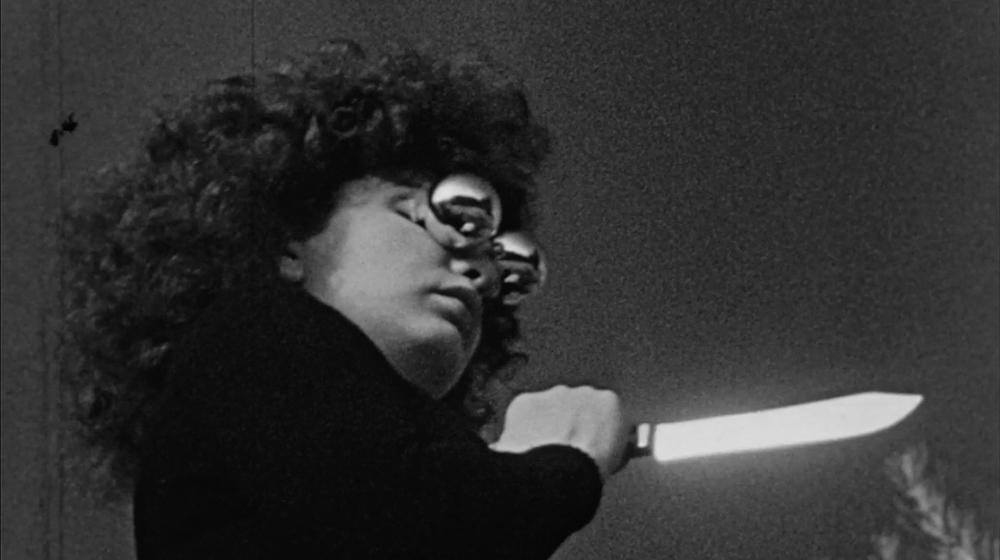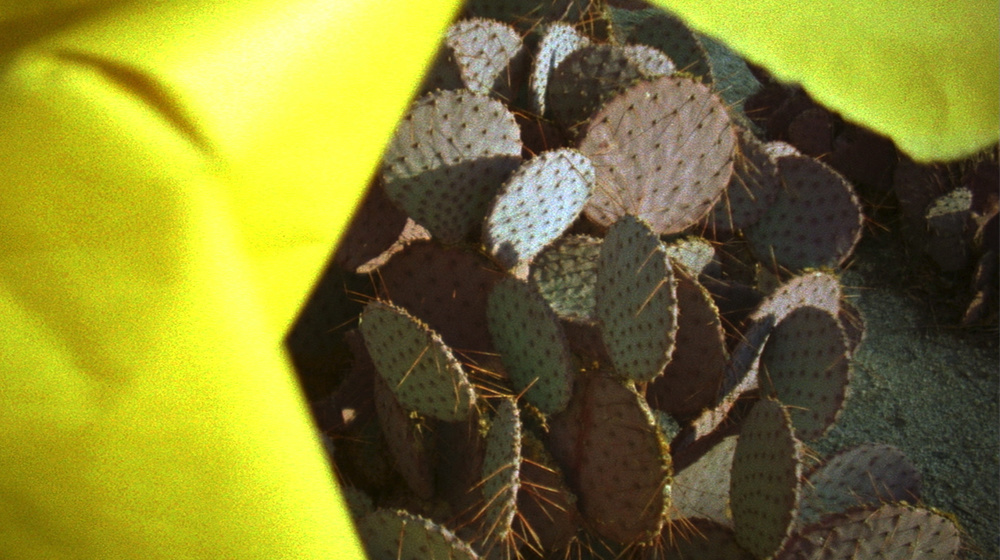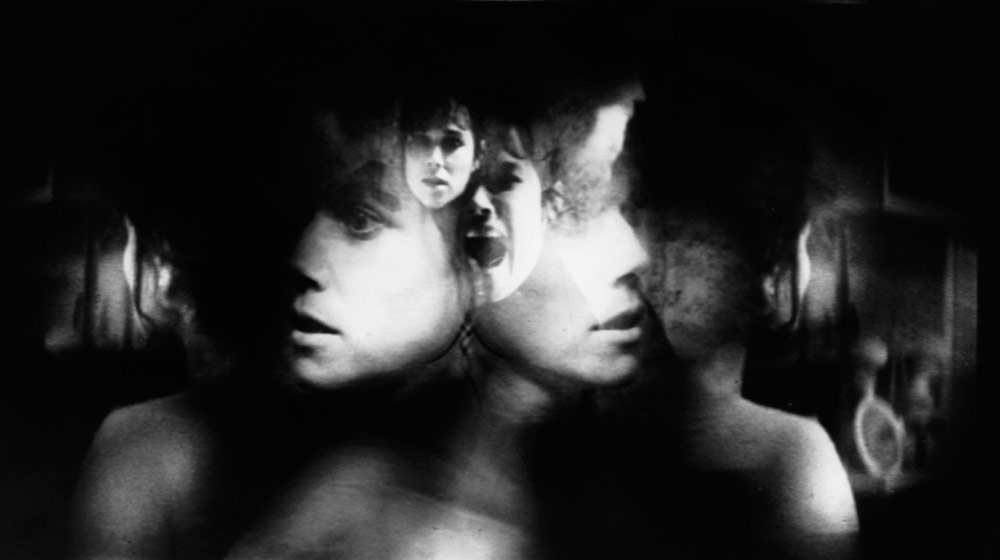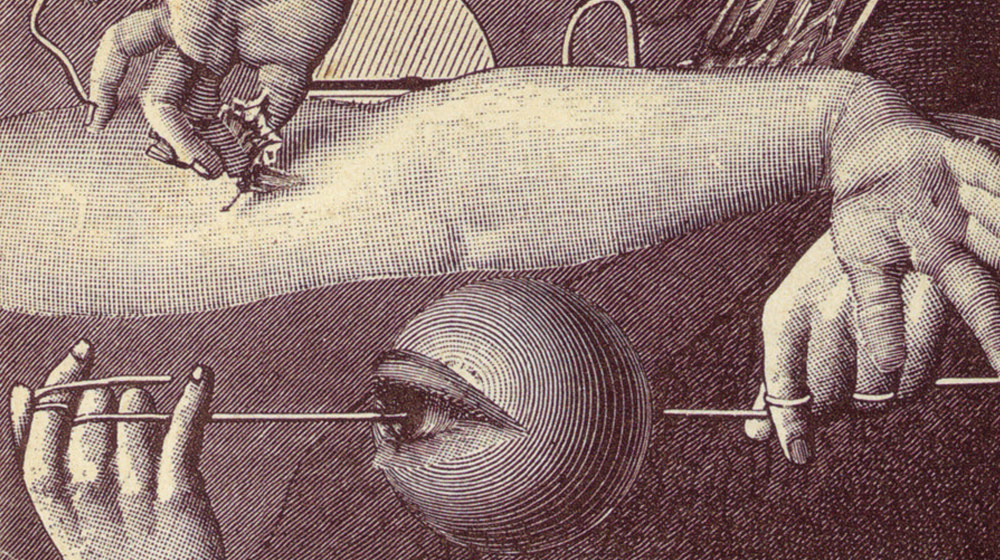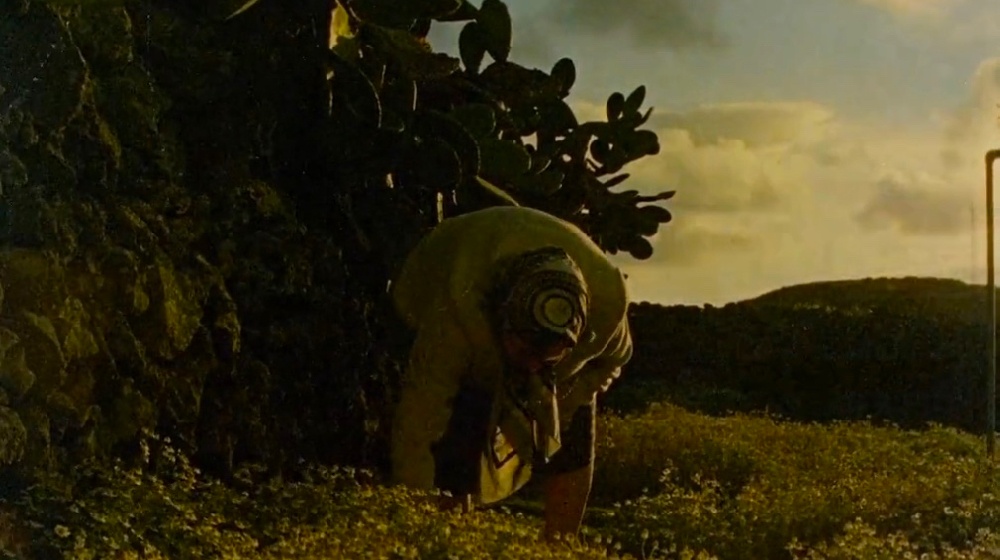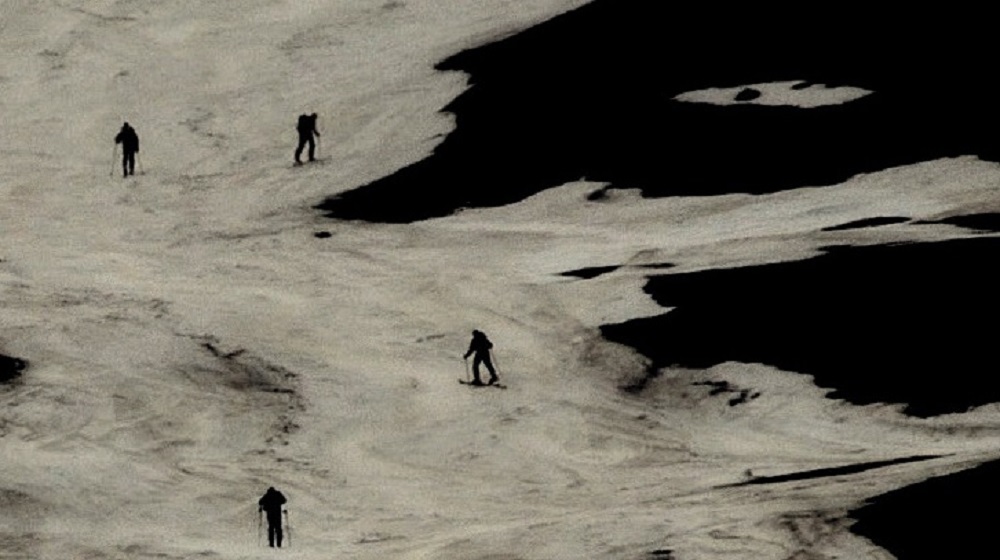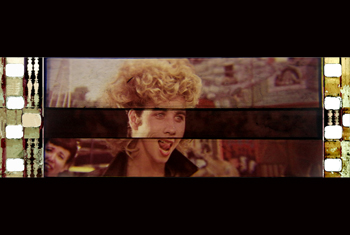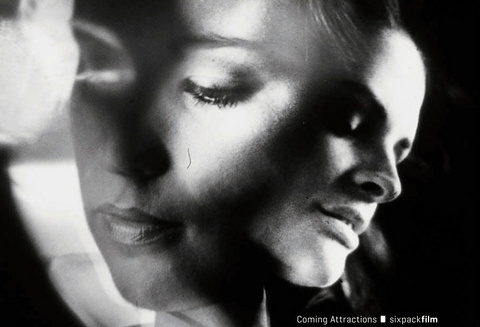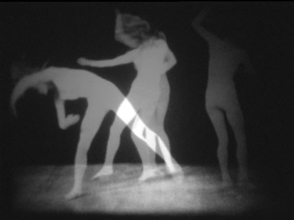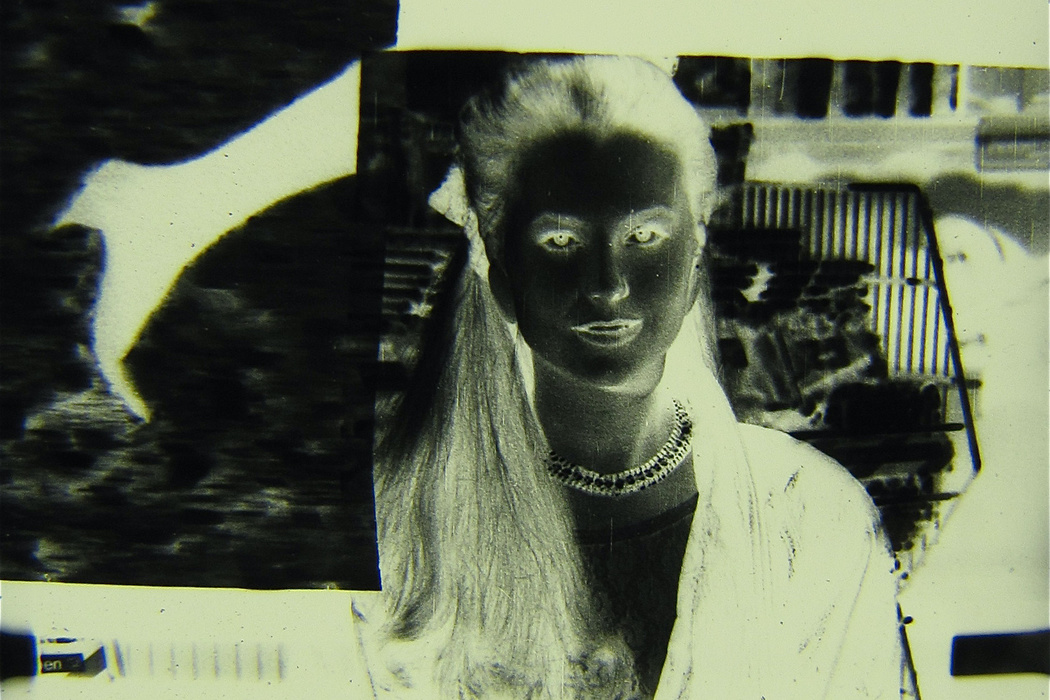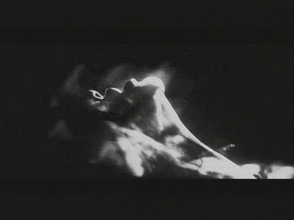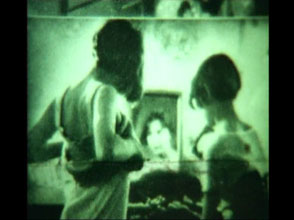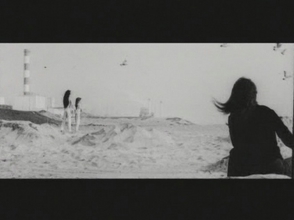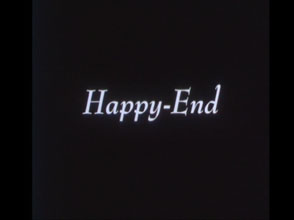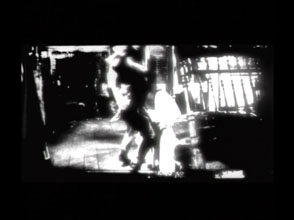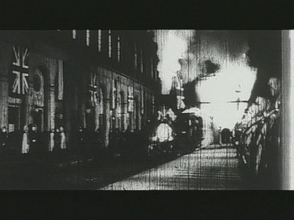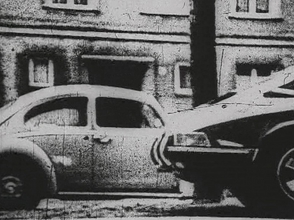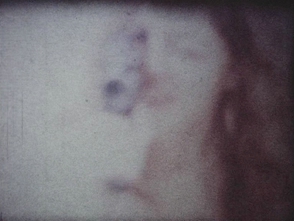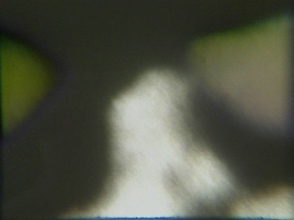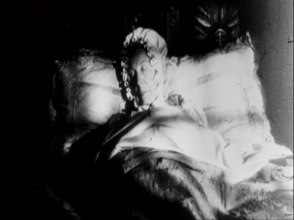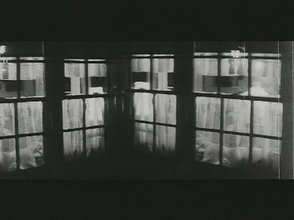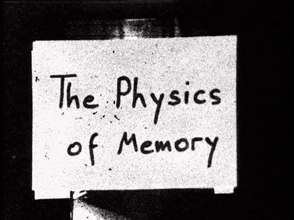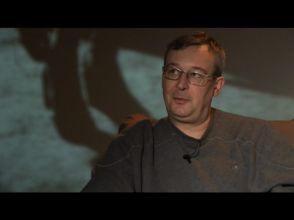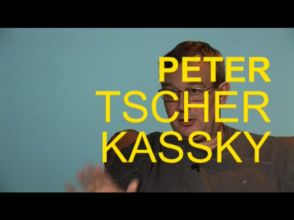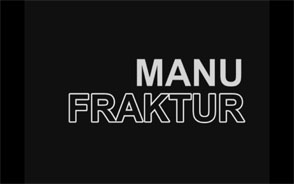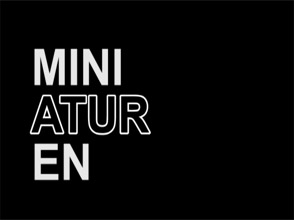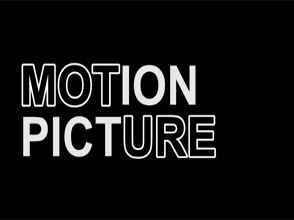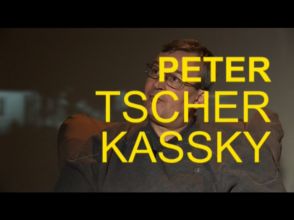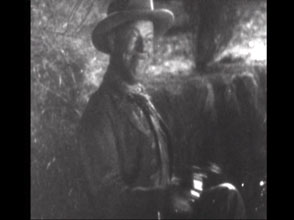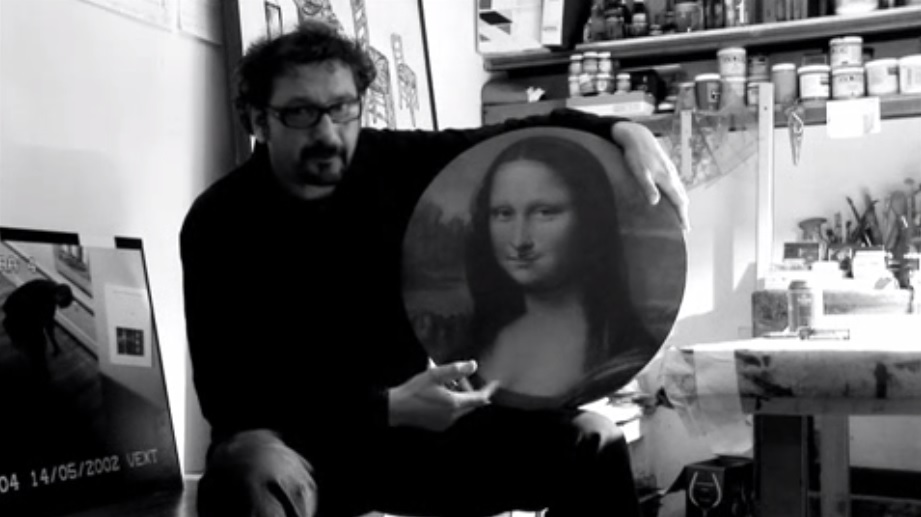Vienna (Austria), 1958
Peter Tscherkassky is an experimental filmmaker of Austrian origin who has published extensively on the history and theory of avant-garde cinema. His film work explores the photochemical nature of the image by means of intensive darkroom work carried out with found footage. From 1979 until 1986 he studied philosophy at theuniversities of Berlin and Vienna, where his doctorate included a thesis on aesthetics and avant-garde cinema. Tscherkassky first became interested in avant-garde cinema thanks to a series of lectures in Vienna given by the film historian P. Adams Sitney in 1978. This initial encounter represented a definitive revelation and contributed to Tscherkassky's determination to work as an artist, an agitator, a curator and a theorist.
Tscherkassky started making films in 1979, using Super 8 film. In 1991 he co-founded sixpackfilm, together with Brigitta Burger-Utzer. Over the course of his career he has made some 30 films, including his CinemaScope Trilogy (1997-2001): L’arrivée, Outer Space and Dream Work; Instructions for a Light and Sound Machine (2005); Coming Attractions (2010); and The Exquisite Corpus (2015).
Ranging between the reuse of film material, the championing of traditional working methods and integrating certain structuralist perspectives, his approach to filmmaking involves detailed darkroom work and manual contact printing. The analog technology he developed to alter each of the frames gives the image a particular photographic texture which emphasizes the materiality of the emulsion, graphically impacting its surface (cracks, over prints, inscriptions, etc.) and the accompanying elements (perforations, soundtracks, instructions for screening, etc.). The audio, which is coupled to the images, constantly surprises with its arrhythmic noises, progressive buzzing and deep silences.
His work has received over 50 awards, including the Golden Gate Award (San Francisco), the Oberhausen Grand Prize and the award for best short film at the Venice Film Festival.
